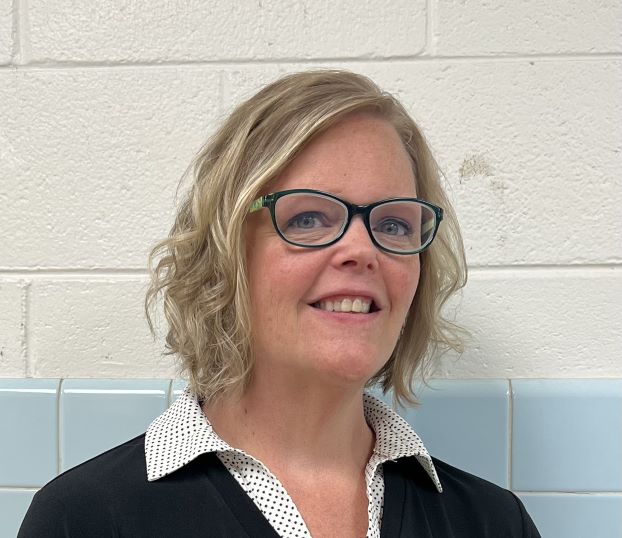Central High students can have NIL deals. But there are rules
Published 12:01 am Saturday, May 20, 2023
|
Getting your Trinity Audio player ready...
|
If a Central High student athlete wants to sign a NIL deal, they can. But state officials say there’s a list of rules they have to follow to make that happen.
The NIL craze isn’t just focused on colleges anymore. In a press conference held earlier this month, Virginia High School League (VHSL) officials said some high school students in the state have already been offered lucrative Name, Image and Likeness (NIL) opportunities.
After meeting with and getting votes from all districts, VHSL officials came up with some guidelines that schools and students have to follow if they plan to sign those contracts.
What is an NIL deal?
First off, what is an NIL deal? Think of it like a celebrity endorsement. It lets an athlete collect money from any personal appearances, autograph signings, social media deals or product endorsements, all while keeping their amateur status. In Farmville, for example, some Longwood University athletes have NIL deals in place with companies like Bojangles. But with the new guidelines, it opens things up for high school juniors and seniors to potentially land similar deals.
“It’s already (come) to the high school age kids,” said Billy Haun. He serves as VHSL’s executive director. “We have high school students who have already been offered NIL deals. We are trying to provide some guidance to our student-athletes and their parents and coaches that will help keep students eligible and not violate our current policies on being an amateur.”
That’s the tightrope any high school athlete has to walk when considering an NIL deal now. Follow the guidelines sketched out by the VHSL and there will be no issues. Step out of bounds and you run the risk of being declared ineligible to play, which could put college plans at risk as well.
To date, Haun said in the press conference, the majority of NIL offers for high school athletes have come via social media. Multiple brands have reached out, looking to pay them as influencers.
What do the NIL guidelines say?
As for the guidelines, the first is self-explanatory. If a high school athlete agrees to any NIL deal, he or she has to notify their school principal or athletic director within 72 hours. Also, there are a number of items or related brands that high school athletes cannot sign with, regardless of the circumstances.
Students are banned from endorsing any pornographic or other adult entertainment products, any alcohol-related companies, any tobacco or electronic smoking products. They also can’t endorse casinos, gambling or sports betting, along with no weapons, including firearms. Finally, the students can’t endorse any type of prescription drugs, opioids or other “controlled dangerous substances” as determined by the VHSL.
As part of their NIL deals, high school students also can’t reference any school team, school, district, region or the VHSL.
“They can’t wear a high school uniform, they can’t represent the mascot, they can’t use the logo,” Haun said. “You can’t be compensated for intellectual property you don’t own.”
He added that it can’t be used as a recruiting tool either. That’s been the argument back and forth in the college ranks, with some schools saying they lost recruits to a university with a better NIL package. For high schools in Virginia, companies can’t promise endorsements to athletes if they change districts. Student athletes also can’t make endorsement videos where they encourage others to join their specific school.
That includes no endorsing of brands during high school games. We see it in NASCAR, in the NFL and NBA, where players wear endorsed brands of clothes or have the logo of their company on their body somewhere. Students can’t promote anything from their NIL partner during high school athletic events.
Teachers can’t give advice
Haun also cautioned local school districts to make sure their teachers and administrators understand the rules. No administrators, coaches, teachers, alumni or booster clubs can help high school athletes secure an NIL deal. If a student comes up to a teacher asking advice, Haun said the teacher needs to redirect them.
“The best advice we can give that child is to tell them to talk to a lawyer,” Haun said. “As a school, we should not be providing advice about these NIL deals.”
These guidelines passed a VHSL committee vote by a count of 32-2, Haun said. He added that all school districts have been briefed on it as well, saying some were in favor and others opposed it for various reasons. When asked if he could give a list of how each district responded, Haun said he didn’t have that information on hand right now.
“We’re asked, why are we allowing this to happen in our schools?” Haun said. “We’re not allowing this to happen in our schools. We are providing guidance to student athletes and parents about how to participate in NIL without violating VHSL policy.”






